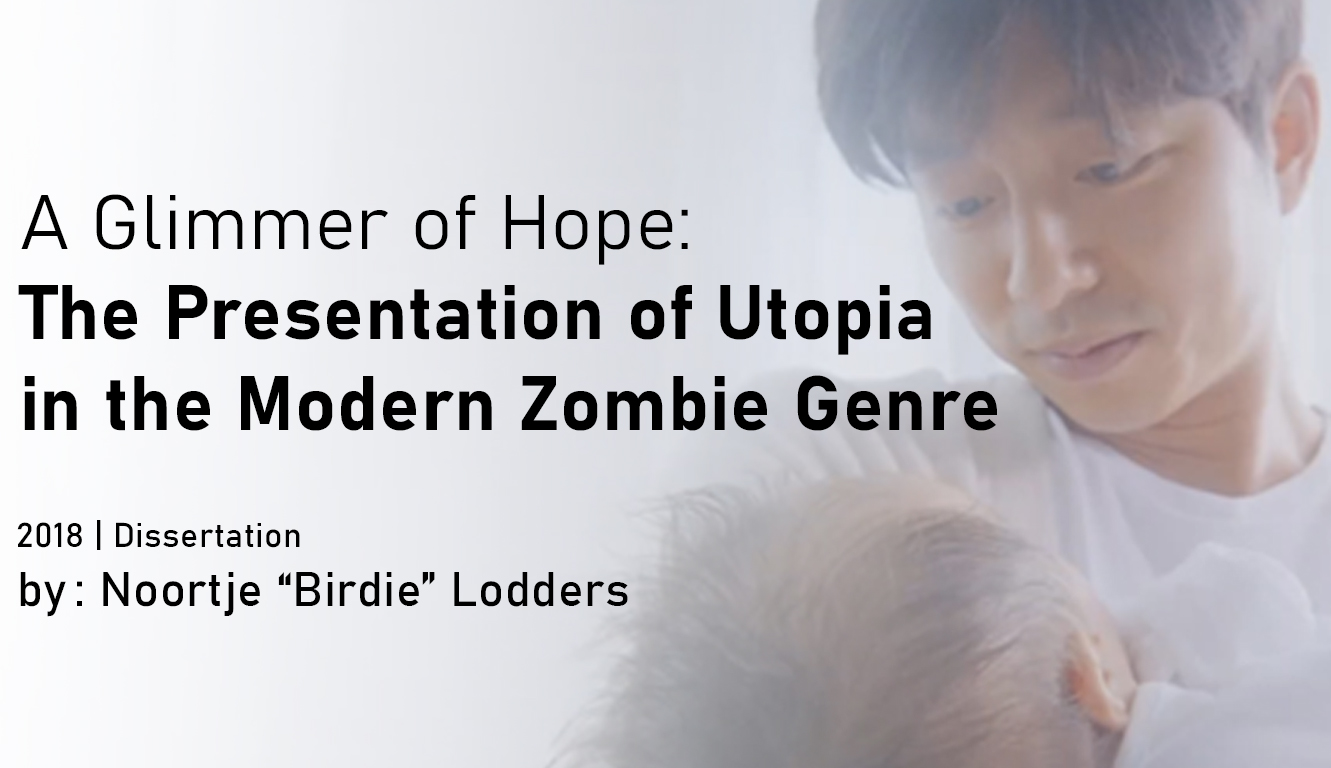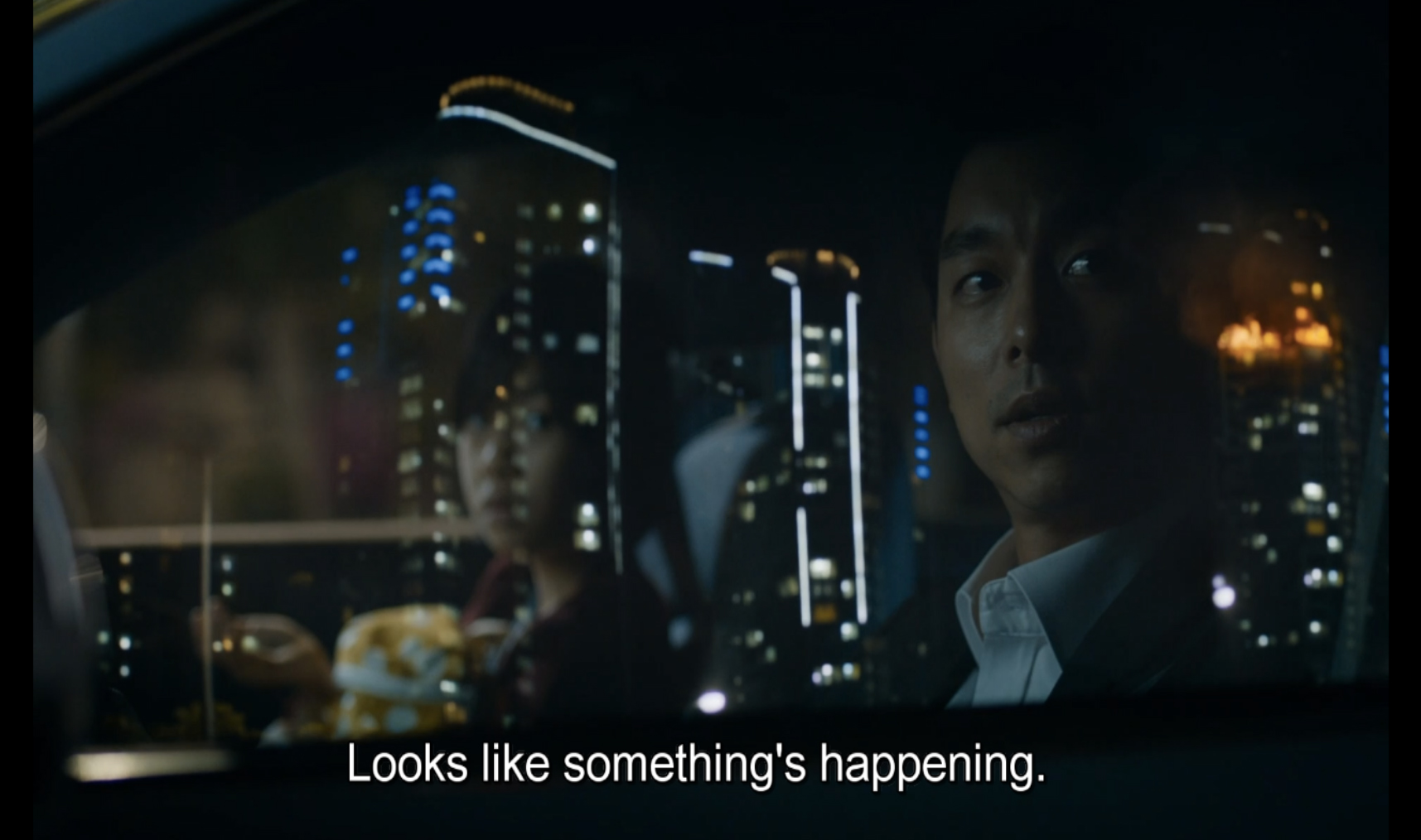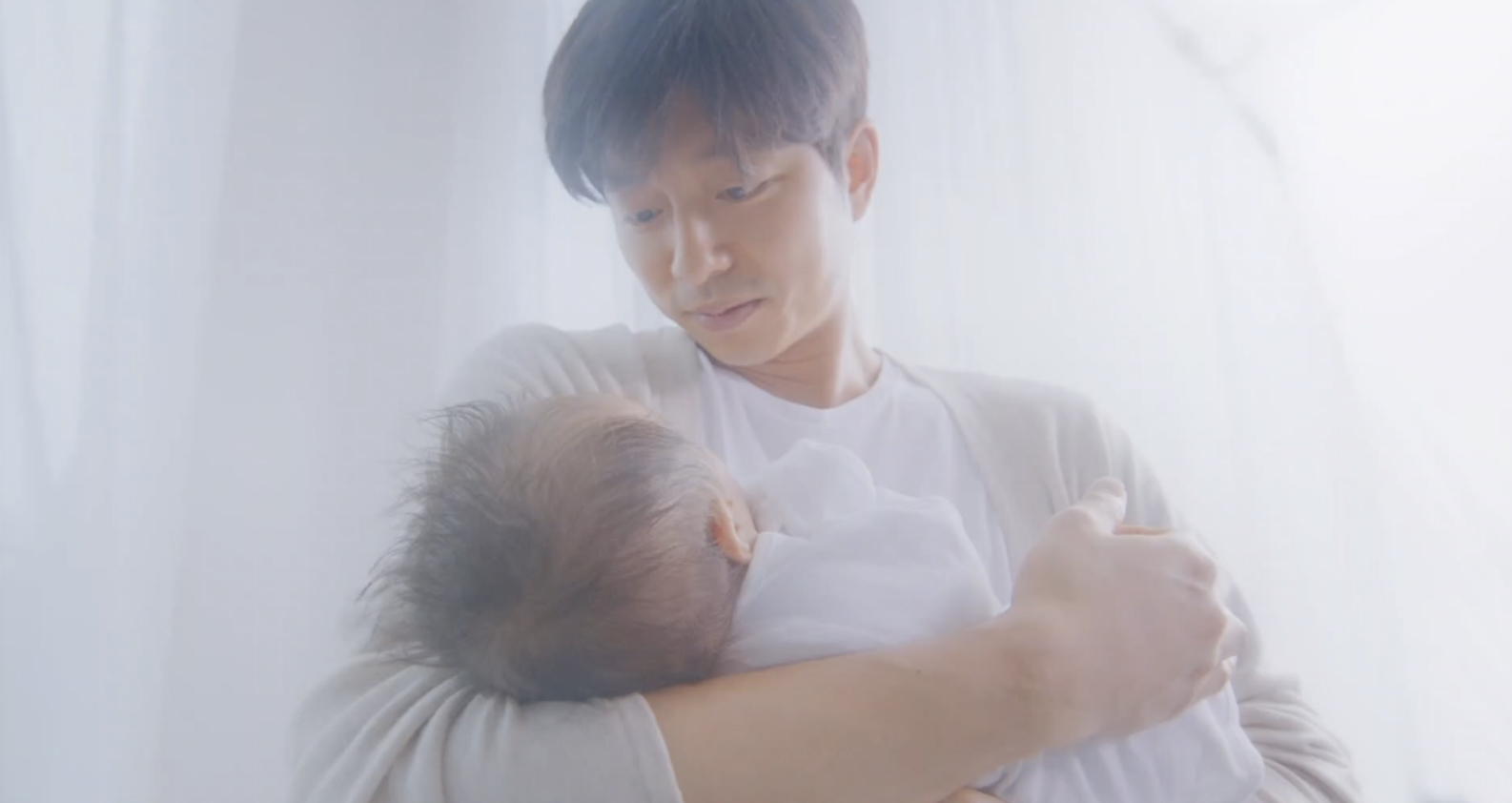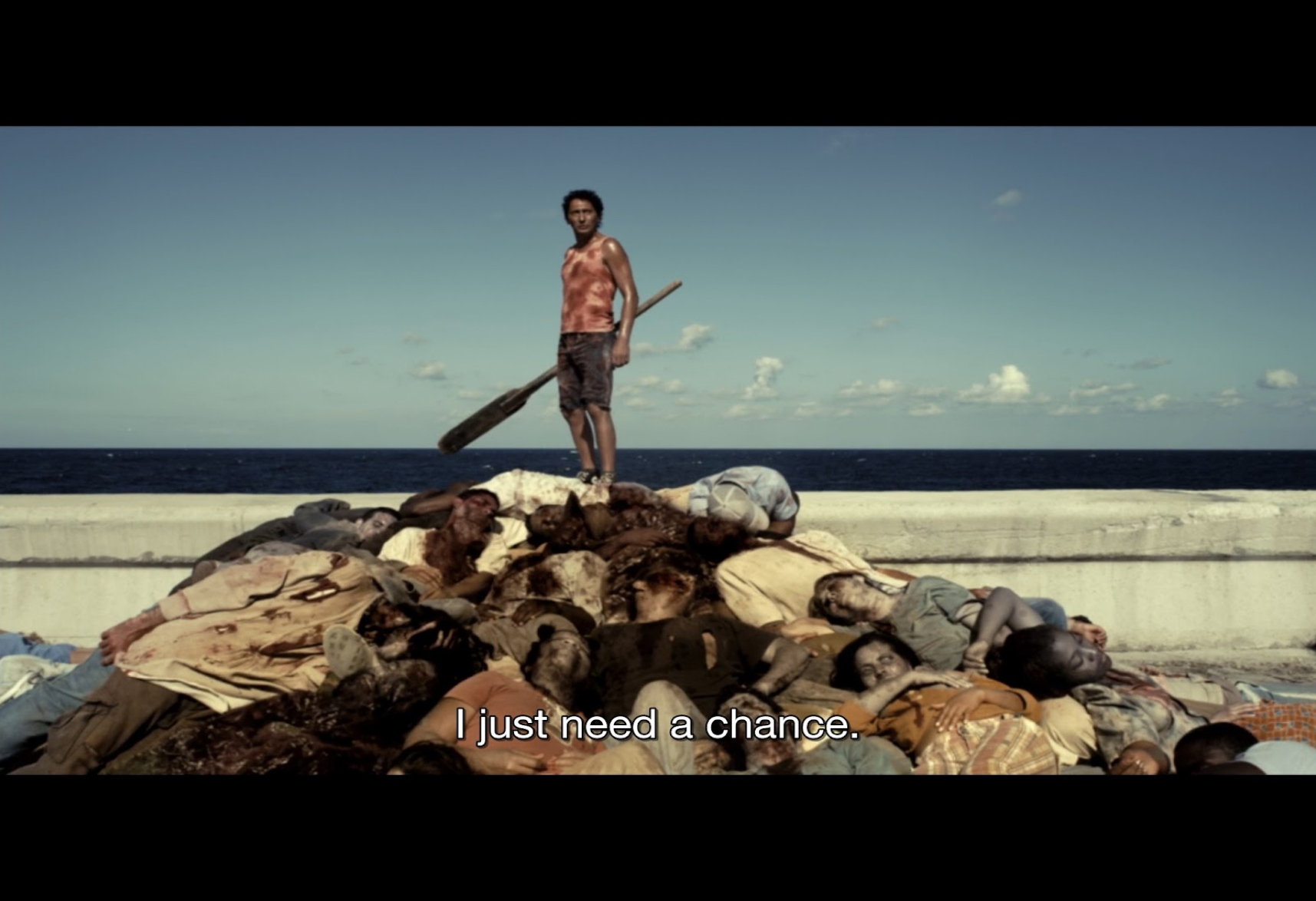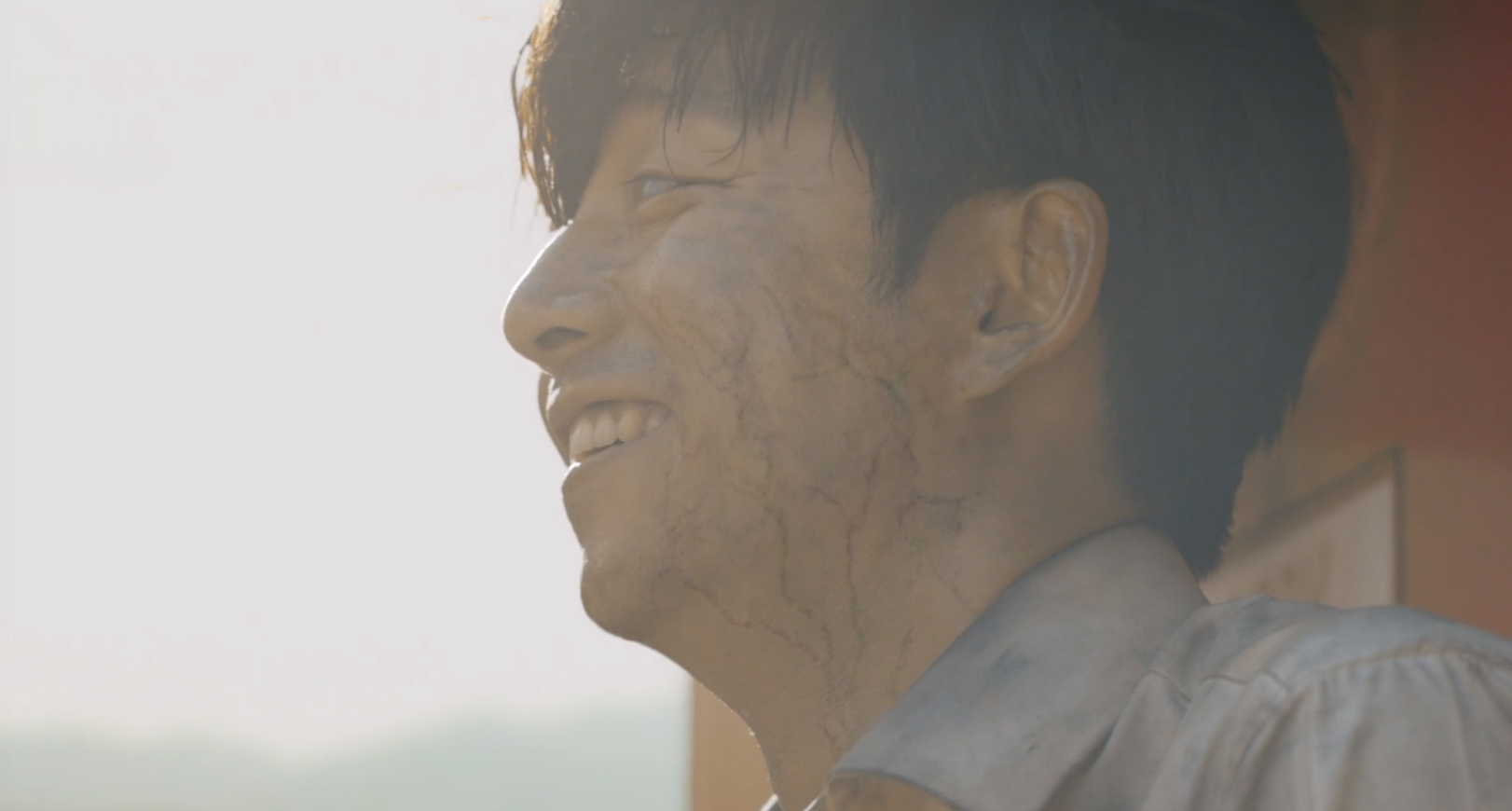Inroduction
This dissertation analyses the representation in the modern zombie genre with a focus on two texts: Alejandro Brugués’, Juan of the Dead (2011) and Yeon Sang-ho’s, Train to Busan (2016). Both films criticize patriarchal ideologies, and environmental and consumerist causes of the apocalypse through their depiction of societal destruction. However, this is contrasted with a sense of hope presented through: the character development of the protagonist; the narrative strands of masculine and feminine; and the cinematic elements which highlight these changes.
This depiction of hope constitutes a Utopia in contrast to the dystopian setting and sociopolitical criticism of each film. Juan of the Dead and Train to Busan present both a dystopian world where the symbolic order is destroyed as brainless masses take over, and a Utopia where we value our humanity, kindness, and social connections over the consumption of false objects of desire.
If interested, you may read Birdie’s Dissertation here.
Experience at MALCS
I made the decision to complete a Master’s later in my life/ career and chose the MALCS course as it gave me the opportunity to explore many of my passions – film, literature, and popular culture. While it is challenging adding part-time study to a full-time teaching career, I found the lectures and my interactions with my peers stimulating and a nice escape from the day-to-day routine. My motivation to complete the course was my own intellectual enrichment but I have found that my knowledge gained during the course has enriched my teaching particularly in my IB Diploma English classes.

